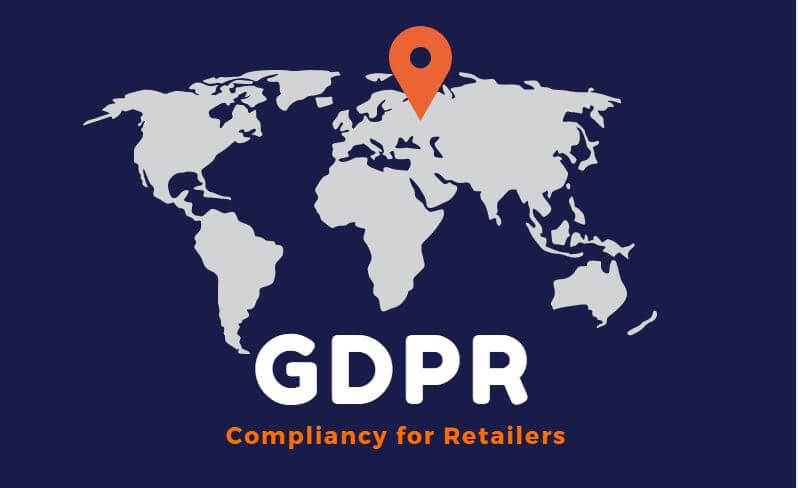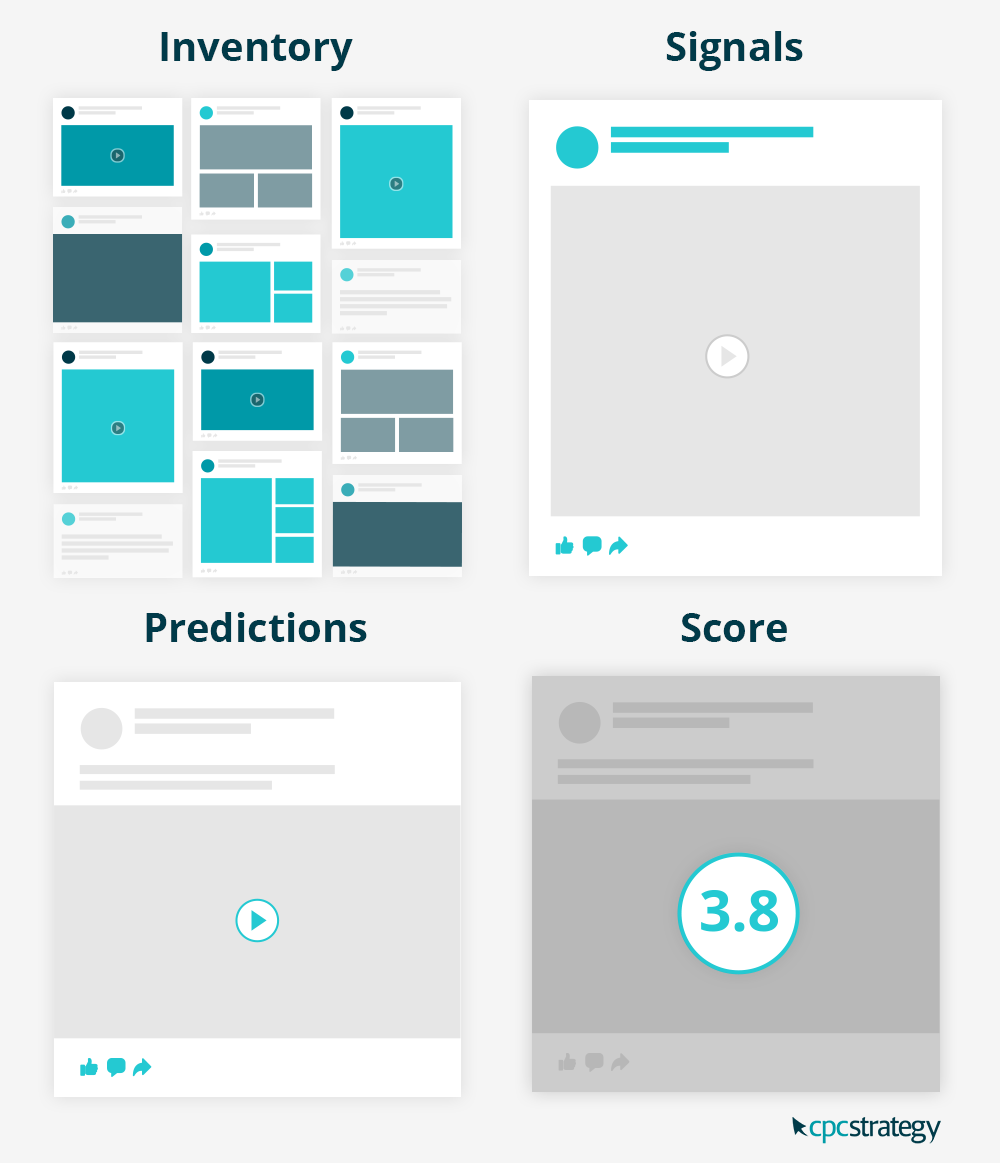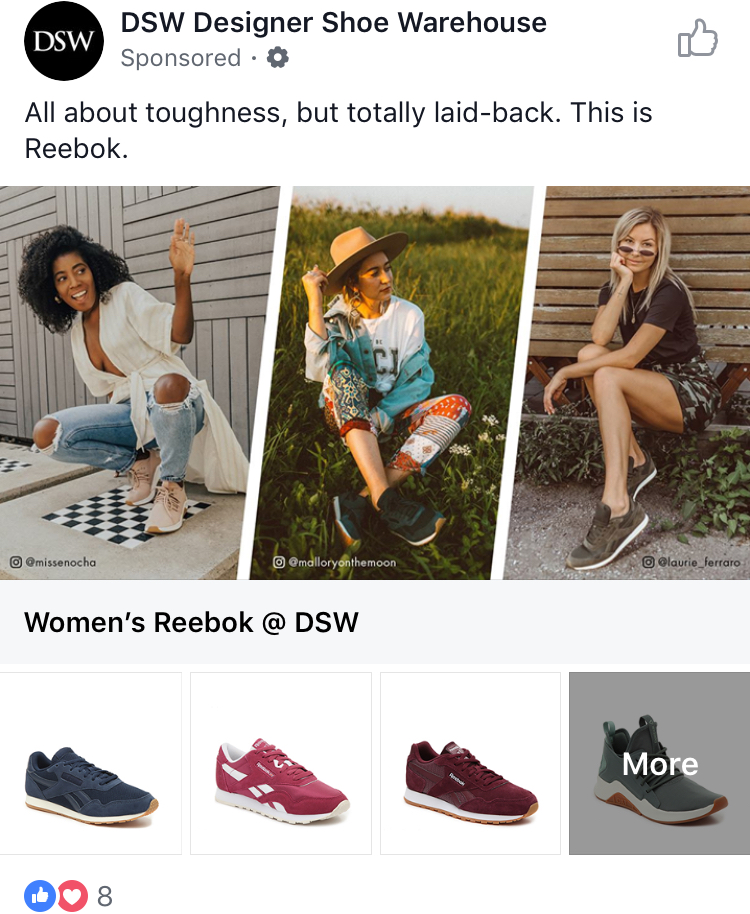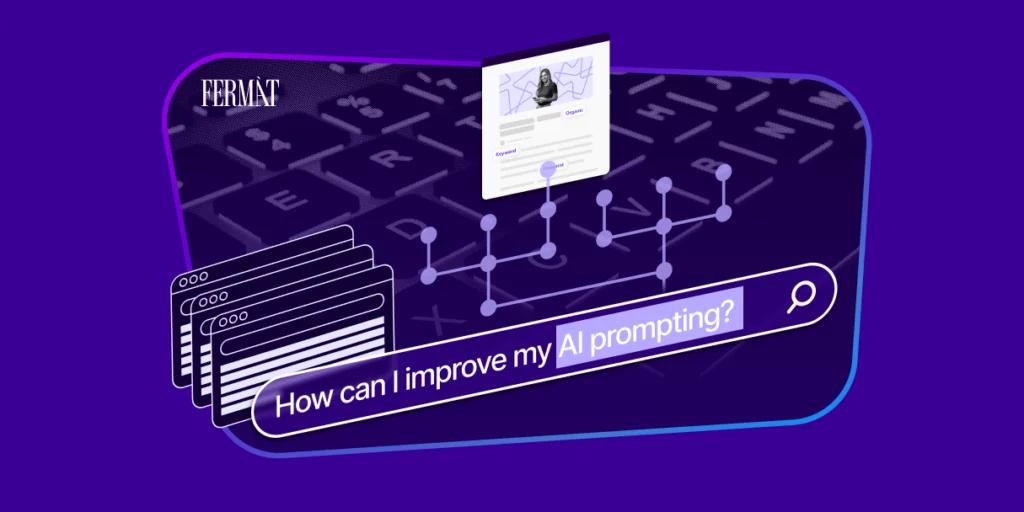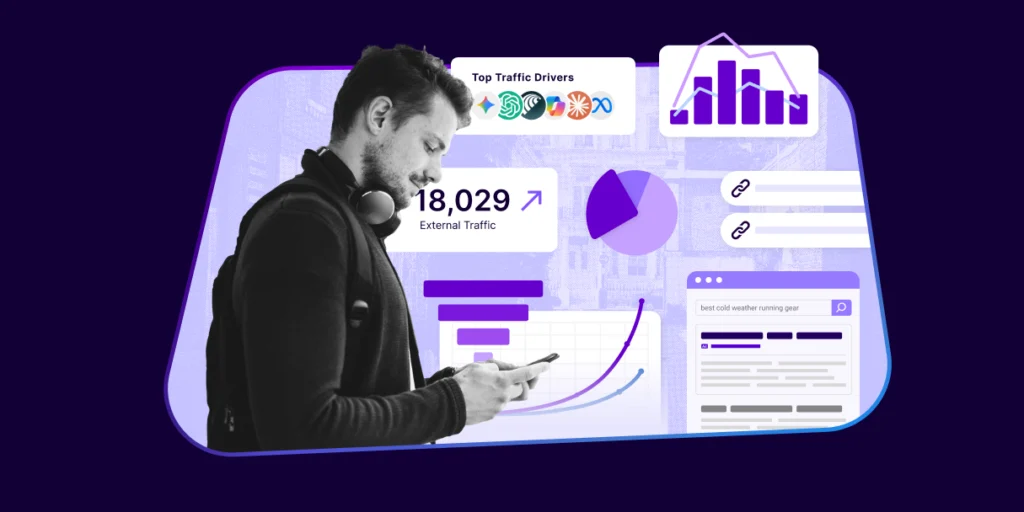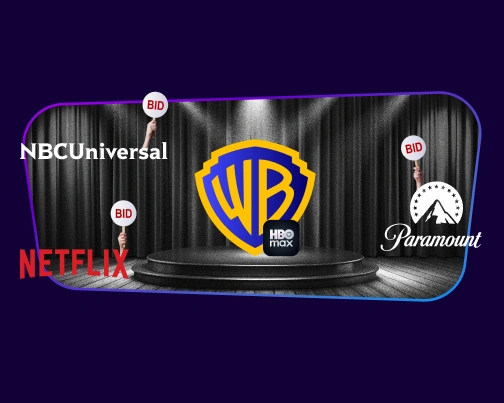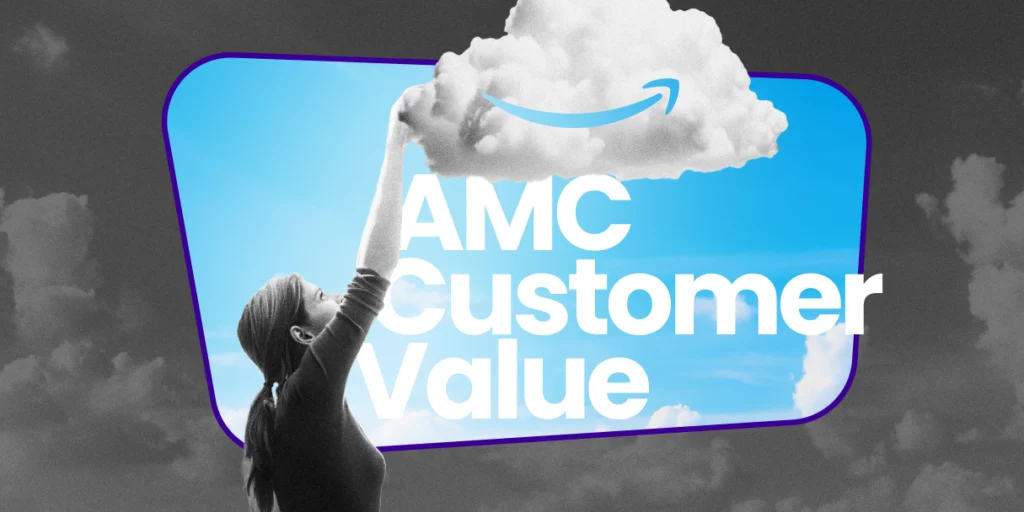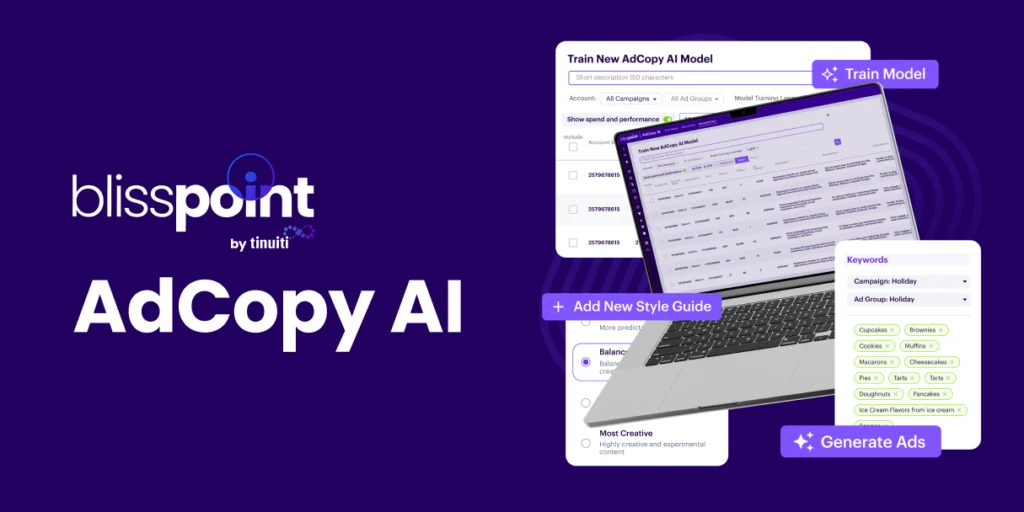Audience targeting capabilities have long been the primary focus for performance marketers — that’s beginning to change, however, as creative performance becomes the key strategic differentiator between the millions of brands and marketers that are chasing the same audiences across today’s digital channels.
In their latest media report, Forrester predicts that “advertisers will give up hypertargeting for a hyperfocus on creative,” and that “creative adtech will improve ad quality and cross-channel storytelling as cheap-looking, product-focused display ads decline.”
Here’s a quick analysis on why advertisers need to renew their focus on the power of creative to offset future uncertainty around hypertargeting and increasing saturation of sponsored media.
“Increased volume of direct brands has led to increased audience overlap and competition. This calls for a renewed focus on leveraging creative as a strategic differentiator. Brands need to design with conversions in mind if they want to stand out from millions of creative agencies and competitors.“
-Jon Gregoire, Director of Marketing at CPC Strategy
Data Laws, Algorithm Changes Cast Uncertainty Around Future Of Hypertargeting
It’s no secret that media buying and targeting practices have been impacted by third-party data regulations and algorithm changes.
One of the most significant disruptions that continues to deliver aftershocks is the fallout that Facebook has faced over misuse of user data, which invited increased regulatory scrutiny and policy changes around audience targeting and the use (and collection) of third-party data.
Cambridge Analytica and GDPR
There’s no clearer example of this disruption than the Cambridge Analytica data scandal that occurred in 2017 and the restrictive GDPR regulations that followed in 2018.
Forrester’s 2019 media report reads:
“GDPR, which went into effect on May 25, 2018, threw a hypertargeted media future into question for many brands, especially those lacking in first-party customer data.”
Unforeseen Algorithm Changes
In addition to restricting third-party permissions for collecting and accessing user data, Facebook also introduced highly controversial changes to its News Feed algorithm in early 2018.
This algorithm change placed a stronger emphasis on surfacing organic content that was shared between users, and thus had a direct impact on the frequency of publisher and sponsored content displaying within the News Feed.
Both the GDPR regulations (and their hefty fines) and algorithm changes have cast uncertainty around hypertargeting practices and their longevity.
It begs the question:
Will there be more regulation, policy changes, and algorithm updates that will impact advertisers’ targeting capabilities in 2019 and beyond?
Creative Performance Remains An Untapped Silver Lining For Most Advertisers
Amidst the uncertainty surrounding the future of hypertargeting capabilities, there’s silver a single lining for advertisers: the power of creative performance.
According to Forrester, advertisers are well-positioned to offset potential losses in hypertargeting capability with advances in creative performance capabilities.
“The good news is that in 2019, marketers with and without that one-to-one customer connection will balance their audience-based ad strategies with a new focus on the power of creative to drive positive consumer outcomes.“
The report specifically mentions that advances in creative technology can be paired with audience data to improve ad-quality, relevance, and ultimately performance.
The Rise of Creative Ad Technology
The report specifically mentions emerging creative adtech as driving force that is enabling advertisers to test, optimize, and personalize creative assets on a scale that wasn’t possible only a few years ago.
“They will turn to creative advertising technology (adtech) vendors like RevJet and Thunder for help in creating contextually relevant ad experiences cued by data — first-party when it’s available — plus the weather, time of day, live events, and more.”
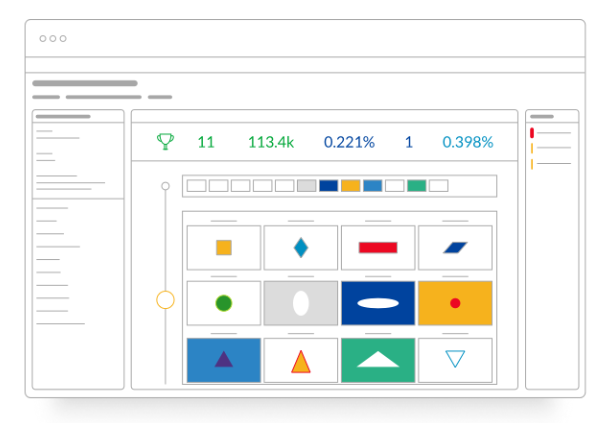
RevJet and Thunder are just two platforms that are executing on the growing pains of ad saturation: the need to deliver hyper-relevant ad experiences across multiple channels at scale to improve:
- Brand equity
- Engagement
- Customer loyalty
Forrester’s report also speaks to the need for improving this ad experience, as consumers shift attention away from the ads that lack production quality and personalization.
“Creative adtech will improve ad quality and cross-channel storytelling as well. Stalking consumers around the internet with cheap-looking, product-focused display ads will decline.”

This focus on creative only becomes more relevant when you consider how media consumption (and video in particular) has skyrocketed with the rise of YouTube, Facebook, and Instagram.
In fact, video alone is projected to make up 79% of global internet traffic by 2020.
Staying Ahead Calls For Improving Creative Performance Initiatives In 2019
In addition to the emergence of creative ad tech, there are still tried and true creative practices for marketers to leverage to gain a strategic advantage over the millions of advertisers that still rely upon “set-it-and-forget-it” approach to creative performance.
Creative Production
The foundation for improving your inventory and quality of ads lies in-house and agency creative team infrastructure.
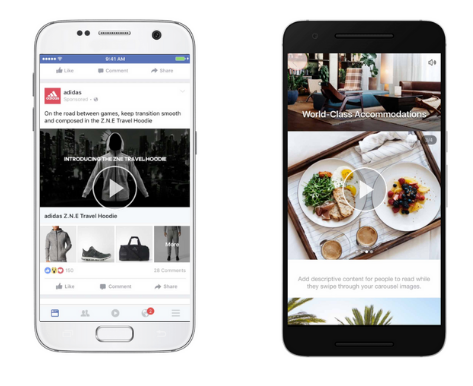
This includes team organization, a division of labor that capitalizes on each member’s strengths, and the necessary tools and management to deliver on design requests and edits.
Creative Testing & Measurement
Many marketers make the mistake of measuring and comparing different ad formats and audiences — yet forget to do test the creative variables and copy within the ads themselves.
There are a multitude of assets that can be tested and optimized to improve incremental performance — from colors of an image ad to the captions and style of a video ad.
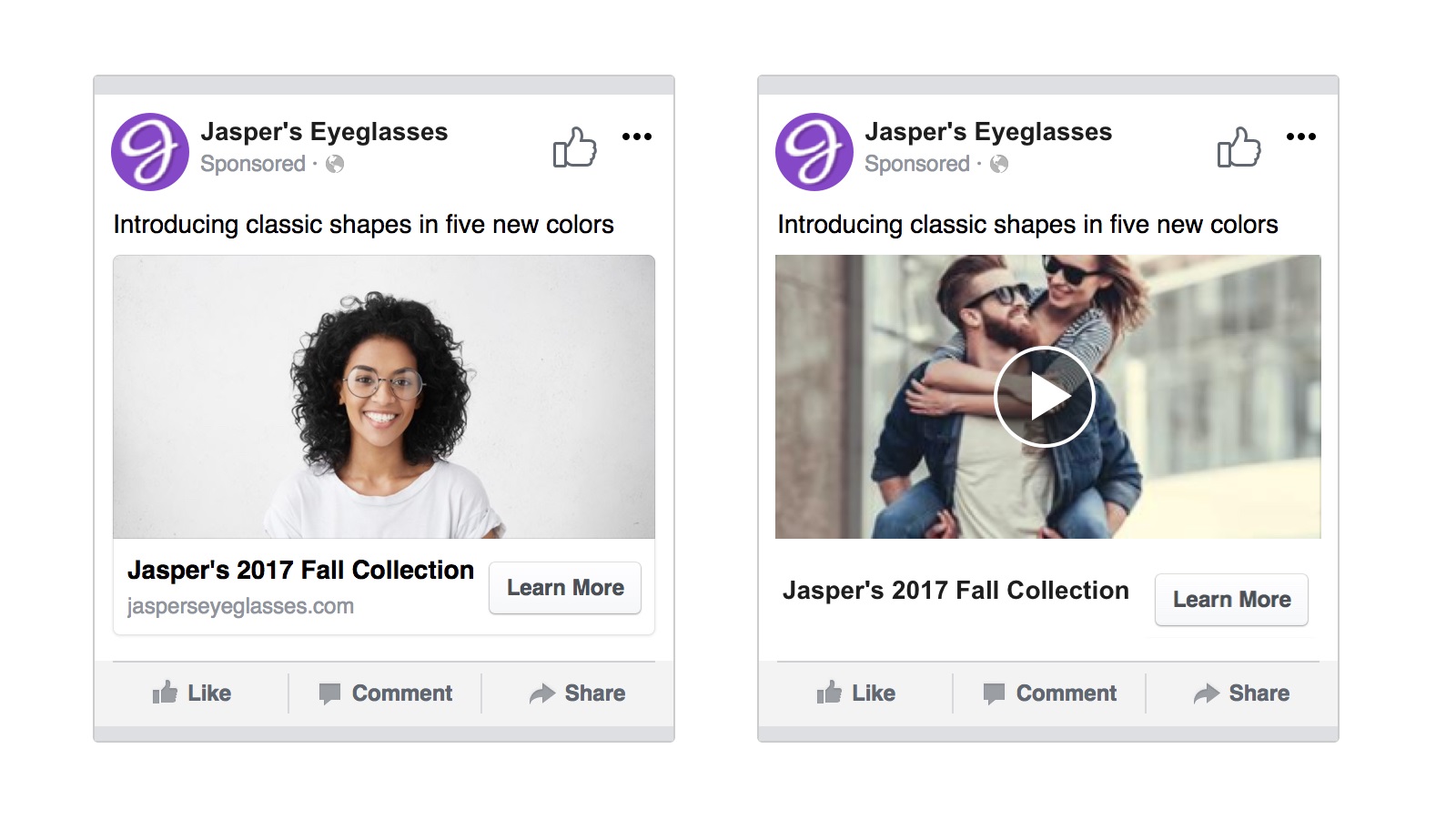
Creative assets that go untested and unmeasured don’t receive the full value and longevity, which means that design team resources aren’t be used to their full potential.
It’s essential to regularly test, learn, and optimize the creative assets of your ads to improve the experience for consumers as well as staying ahead of the competition.
As targeting overlap and competition for eyeballs inevitably causes diminishing returns for advertisers, it will be creative performance initiatives that differentiate brands and marketers.
Want to learn more?
5 Facebook Ad Templates From the Experts
5 Lessons To Better Your Facebook Ad Creative in 2018
The Ultimate Guide to Facebook Split Testing
You Might Be Interested In



